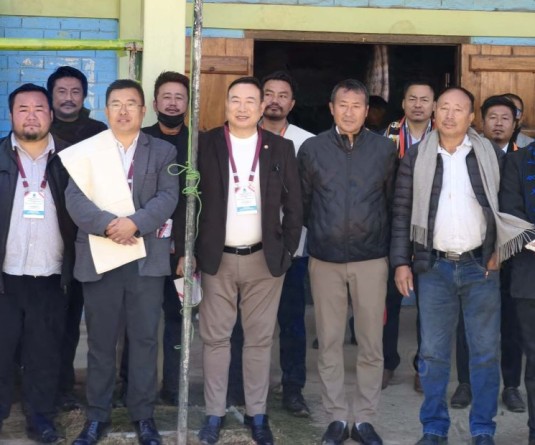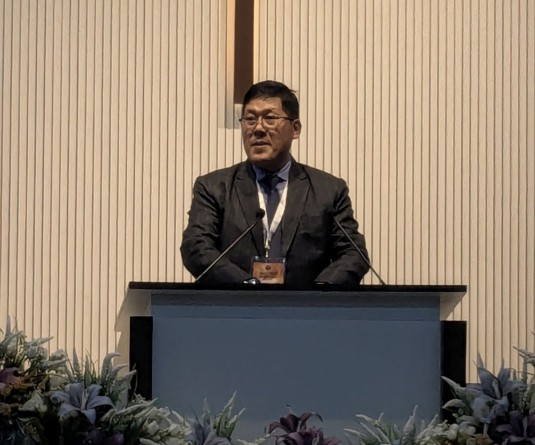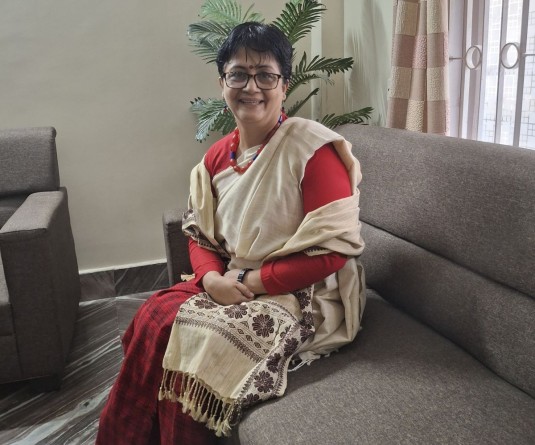
Morung Express News
August 25
KOHIMA: With a view to up-gradating the quality of education presently available in schools, the State Council of Education Research & Training (SCERT) Nagaland entered into a collaborative programme in partnership with the UNICEF called the Educational Quality Improvement Project (EQUIP- Nagaland) in 2002.
This path breaking initiative covers the entire gamut of academic concerns. “The adoption of a new pedagogical approach to the entire teaching/learning process formed the bedrock of this endeavor. This methodology is a child-friendly learner centered, actively based one”, said SCERT Director Vipralhou Kesiezie.
Based on this approach, a totally new set of textbooks numbering 11 numbers in toto was developed for classes 1 to 4. A notable feature of this change over is the introduction of an Integrated Approach for the first time ever in Nagaland in which the subjects of EVS and language have been merged together to be taught as one.
The Approach is based on the assumption that children in their natural learning do not divide knowledge into subjects or categories. For them any division that exists simply separates what they know from what they do not know. Their knowledge is the result of innumerable experiences. Each experience contributes new ideas to what they already know, yet being fully integrated into their total body of knowledge.
Also, new experiences make them modify what they have previously learnt. There is a constant process of correction and refinement of concepts. They do not learn in logical steps as adults do, but they learn in structured sequences. The sequence might be a story or series of events and these help them hang the ideas together into a meaningful integrated learning, the SCERT explained on the new strategy.
Kesiezie further added that the introduction of these new text books as also the adoption of the integrated approach necessitated the immediate formulation of an effective training strategy to orient the teachers in the usage of the same.
In line with this imperative, he said, the SCERT has evolved a training schedule comprising a total of 20 orientation programme covering all the 11 districts of the state. So far, five programme have been conducted covering Dimapur, Peren and Kohima.
It is anticipated that all remaining districts will be covered within 2 months time, he added.
Over and above the SCERT’s Orientation Progarmmes, the Mass Teachers Training Programme under SSA is also providing identical programme in the 41 educational block resource centres by 211 resource persons who have been trained by the SCERT Nagaland.
In addition, it is also anticipated that with the commissioning of 3 new District Institute of Education and Training (DIETs), almost all primary level teachers will be adequately oriented on the fundamental of the new pedagogy within this year, Kesiezie added.





